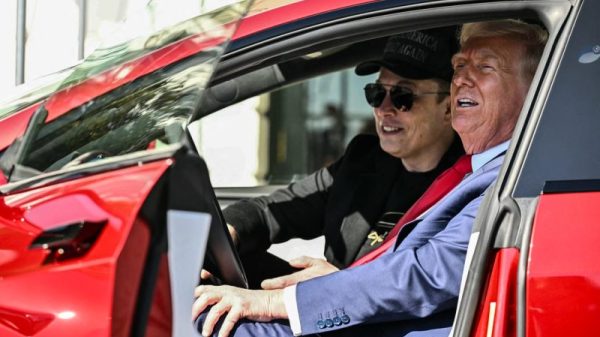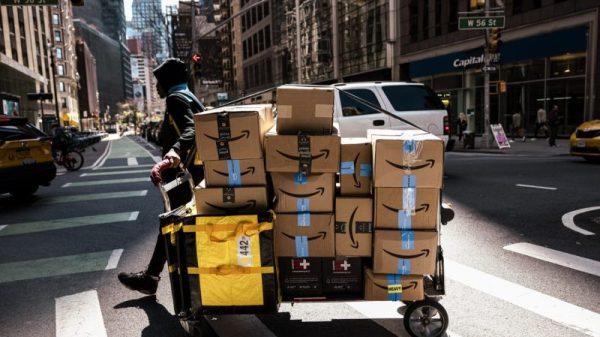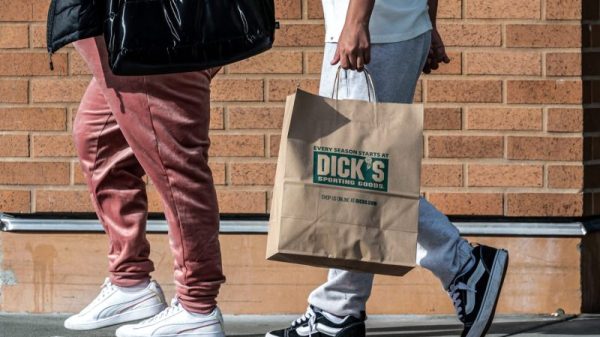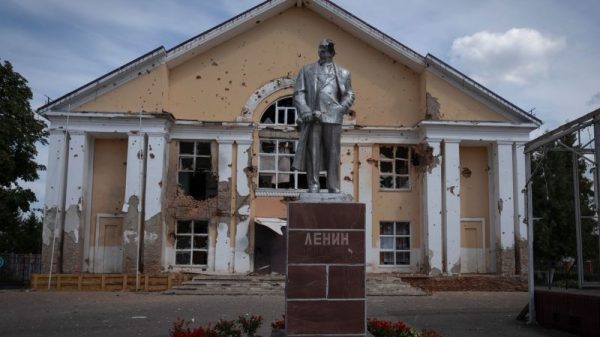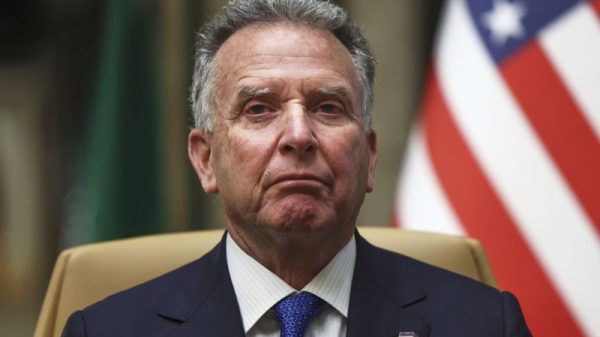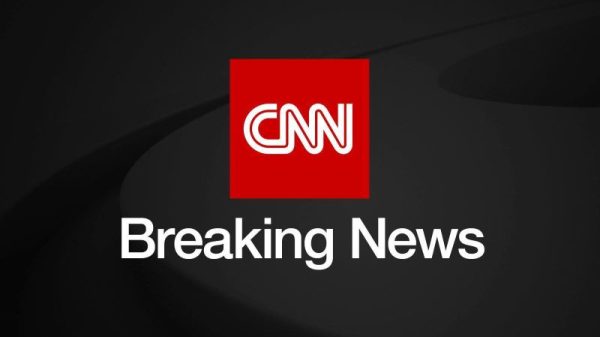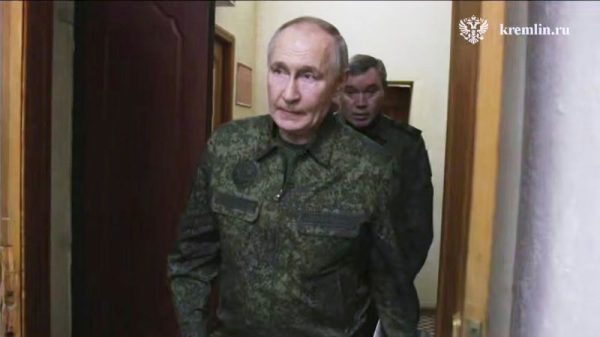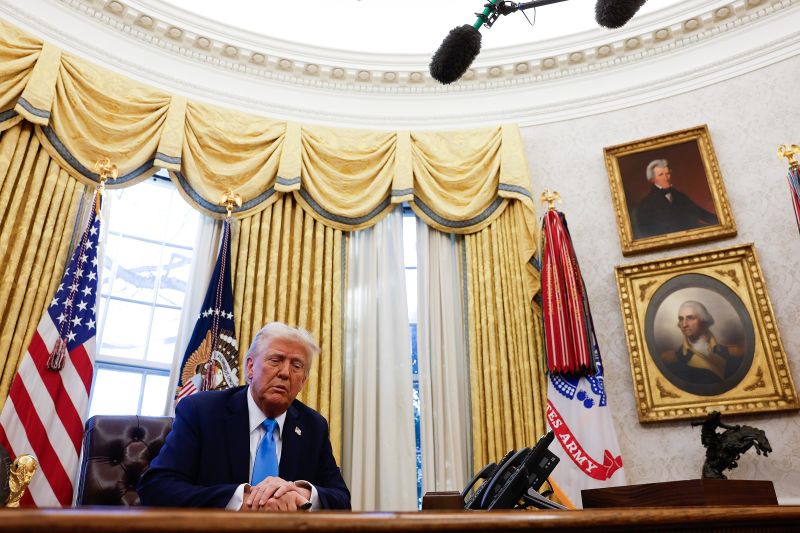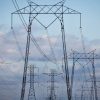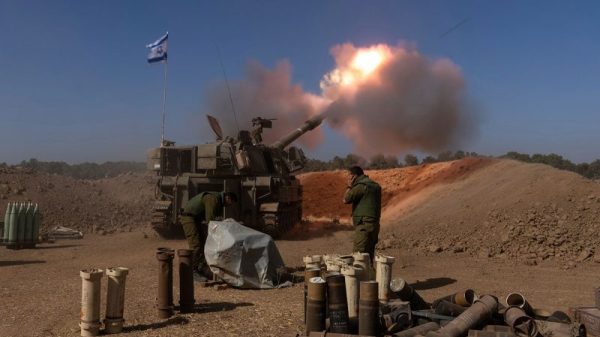President Donald Trump has signed an executive order sanctioning the International Criminal Court (ICC), accusing the organization of engaging in “illegitimate and baseless actions” targeting the United States and its ally, Israel.
The ICC, which prosecutes individuals for grave international crimes, has faced backlash from the US and Israel over its decision to issue arrest warrants for Israeli Prime Minister Benjamin Netanyahu and his former defense minister, Yoav Gallant, for alleged war crimes and crimes against humanity during Israel’s war against Hamas in Gaza.
It also issued a warrant for Hamas official Mohammed Deif, whom Israel accused of being one of the masterminds of the October 7 attack. Hamas confirmed last month that Israel had killed him in an airstrike last year.
So, what is the court, why has Trump sanctioned it and what effect will his decision have?
What did Trump say?
Trump signed an executive order on Thursday placing economic and travel sanctions on people working on ICC investigations into citizens of the US and its allies.
The US president said the court had “abused its power by issuing baseless arrest warrants” targeting Netanyahu and Gallant. Its actions, he claimed, “set a dangerous precedent, directly endangering current and former US personnel” and posed an “unusual and extraordinary threat” to national security.
The ICC condemned Trump’s decision and said it stands firmly behind its “personnel and pledges to continue providing justice and hope to millions of innocent victims of atrocities across the world.”
The names of the sanctioned ICC personnel are not yet public, but those targeted – and their families – will not be able to enter the US. Their assets could also be frozen and their power to purchase property blocked.
Trump also said he “expects our allies to oppose” any ICC actions against the US and Israel, without giving further details.
What is the ICC?
Located in The Hague in the Netherlands, the ICC investigates and prosecutes individuals for war crimes, crimes against humanity, genocide and crimes of aggression against the territory of its member states, of which there are 125. Neither the US nor Israel are members.
Just as a central bank is a lender of last resort, the ICC is a court of last resort, stepping in to prosecute crimes when national authorities are unable or unwilling to do so.
Countries that have ratified the court’s Rome Statute are obliged to arrest Netanyahu and Gallant if they set foot on their soil. Because the US – along with China, Russia and others – has not approved the statute, Netanyahu could travel freely to Washington, DC, this week, becoming the first foreign leader invited to the White House during Trump’s second term.
The ICC accepted Palestine as a member in 2015, giving it jurisdiction over international crimes that take place in Gaza.
The ICC, which prosecutes individuals, is distinct from the International Court of Justice (ICJ), which prosecutes states. Last year, the ICJ ruled that Palestinians in Gaza have “plausible rights to protection from genocide” – rights to which Israel’s offensive in the strip risked causing irreparable damage. The court also ordered Israel to immediately halt its offensive in the southern city of Rafah, which Israel ignored.
Hasn’t Trump done this before?
Yes. In June 2020, towards the end of his first term, Trump sanctioned Fatou Bensouda, then the ICC’s chief prosecutor, and another top court official, for pursuing an investigation into alleged war crimes and crimes against humanity committed in Afghanistan by US armed forces, the CIA and the Taliban.
The Trump administration then lambasted the “kangaroo court,” calling it “an unaccountable political institution masquerading as a legal body.”
Thursday’s sanctions, however, are more broad-based, both in their justification and potential effects, experts have warned.
As well as undermining the ICC symbolically, the practical implications of the new measures “have the potential to cripple the court’s work,” she said.
“The court, in order to undertake its investigations, needs funding. It needs the cooperation of banks, of travel agents, of various businesses and third parties. If they have to fear sanctions from the US, that will have a significant effect,” Dill added.
What has the reaction been?
European Commission President Ursula von der Leyen also said the ICC must be able “to freely pursue the fight against global impunity.”
The European Union, however, is not speaking with one voice. The Hungarian hard-right prime minister, Viktor Orban, said Trump’s decision meant “it’s time for Hungary to review what we’re doing in an international organization that is under US sanctions.”
Why now?
The sanctions come after Trump welcomed Netanyahu to the White House. Having previously said he wants to “clean out” the Gaza Strip, Trump on Tuesday unveiled a plan for the US to “take over” the territory, resettle the Palestinians living there and turn it into a new “riviera.”
The plan, which would amount to ethnic cleansing and violate international law, caused a global diplomatic storm, delighted many on the right wing of politics in Israel and horrified Palestinians.
This, combined with the new sanctions, sends a signal that the US, under Trump, “is moving further from being a supporter of international criminal justice to being a perpetrator of injustice,” Dill said. “That is really worrisome.”








